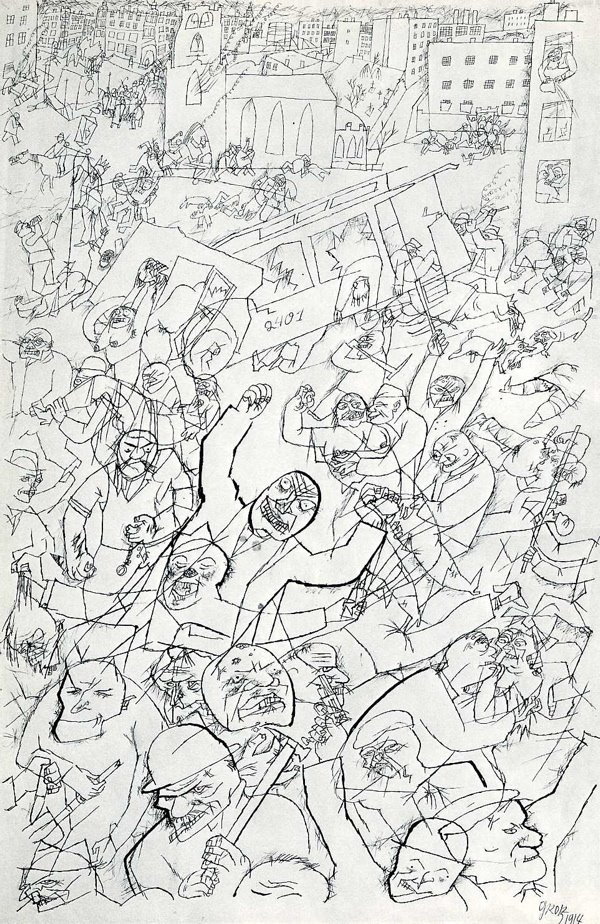Let's talk about Al-Qaeda. According to the Washington Post, some faction or other within Al-Qaeda is now endorsing John McCain:
Al-Qaeda is watching the U.S. stock market's downward slide with something akin to jubilation, with its leaders hailing the financial crisis as a vindication of its strategy of crippling America's economy through endless, costly foreign wars against Islamist insurgents.This is sure to get people on the left smiling, though it should be noted that Hamas endorsed Obama not that long ago. Great.And at least some of its supporters think Sen. John McCain is the presidential candidate best suited to continue that trend.
"Al-Qaeda will have to support McCain in the coming election," said a commentary posted Monday on the extremist Web site al-Hesbah, which is closely linked to the terrorist group. It said the Arizona Republican would continue the "failing march of his predecessor," President Bush.
It's interesting to look at the way our country deals with statements uttered by "terrorists." During an election, the Right is happy to believe Hamas when it says it wants Obama to win. During an election, the Left is happy to believe that Al-Qaeda means what it says when it endorses McCain. But credencing either of these statements is an act of bad faith on the part of politicians and the talking heads. Neither puts faith in the statements of "terrorists" because, according to the logic of absolute enmity, terrorists are not capable of speaking the truth. It is for this reason that nobody pays any attention when Bin Laden releases a video; as an absolute enemy, what he says cannot be trusted.
Enmity is a concept without content -- or rather, it is a category that must be perpetually constituted according to local and temporary needs. If Bin Laden says that he wants the US out of Israel, it is regarded as a ploy for some greater, more sinister purpose, be it Islamo-fascist theocracy or total war. Yet, if a "terrorist" admits under duress at Guantanamo that he or she planned an attack or engaged in terroristic activity, that's another story. Because such statements fulfill local and temporary political functions, the terrorist may speak a "truth" that is otherwise inconceivable. The same goes for the current elections; Hamas or Al-Qaeda is allowed to demonstrate a preference for one or another candidate in a foreign, democratic election if such statements fulfill the needs of our domestic political environment.
The point here is that the war on terror, in a historically novel way, abrogates the basic conditions of veracity that make politics a meaningful category of human discourse. If the possibility of a "terrorist" uttering a true statement is permanently witheld, there is no real enemy to fight at all--there is only our mirror image of who we are as a people. We are damned to perpetually dream up our own worst enemy--and fight ourselves to the death.



2 comments:
We already knew I'm a much less sophisticated and much more juvenile thinker than you, but my first reference for this incredibly silly argument was the Sicilian in The Princess Bride:
But it's so simple. All I have to do is divine from what I know of you: are you the sort of man who would put the poison into his own goblet or his enemy's? Now, a clever man would put the poison into his own goblet, because he would know that only a great fool would reach for what he was given. I am not a great fool, so I can clearly not choose the wine in front of you. But you must have known I was not a great fool, you would have counted on it, so I can clearly not choose the wine in front of me...
don't know if you already knew this, but on hamas's obama endorsement:
http://blogs.abcnews.com/politicalpunch/2008/06/hamas-un-endors.html
and they 'endorsed' him because they were hoping he wasn't a zionist. anyway hamas - a political group, voted into office and providing support/defense/services to a constituency -- and al-qaeda, a loose network for funding and training terrorists, aren't really comparable except through the empty concept of enmity and 'islamofascism.'
Post a Comment